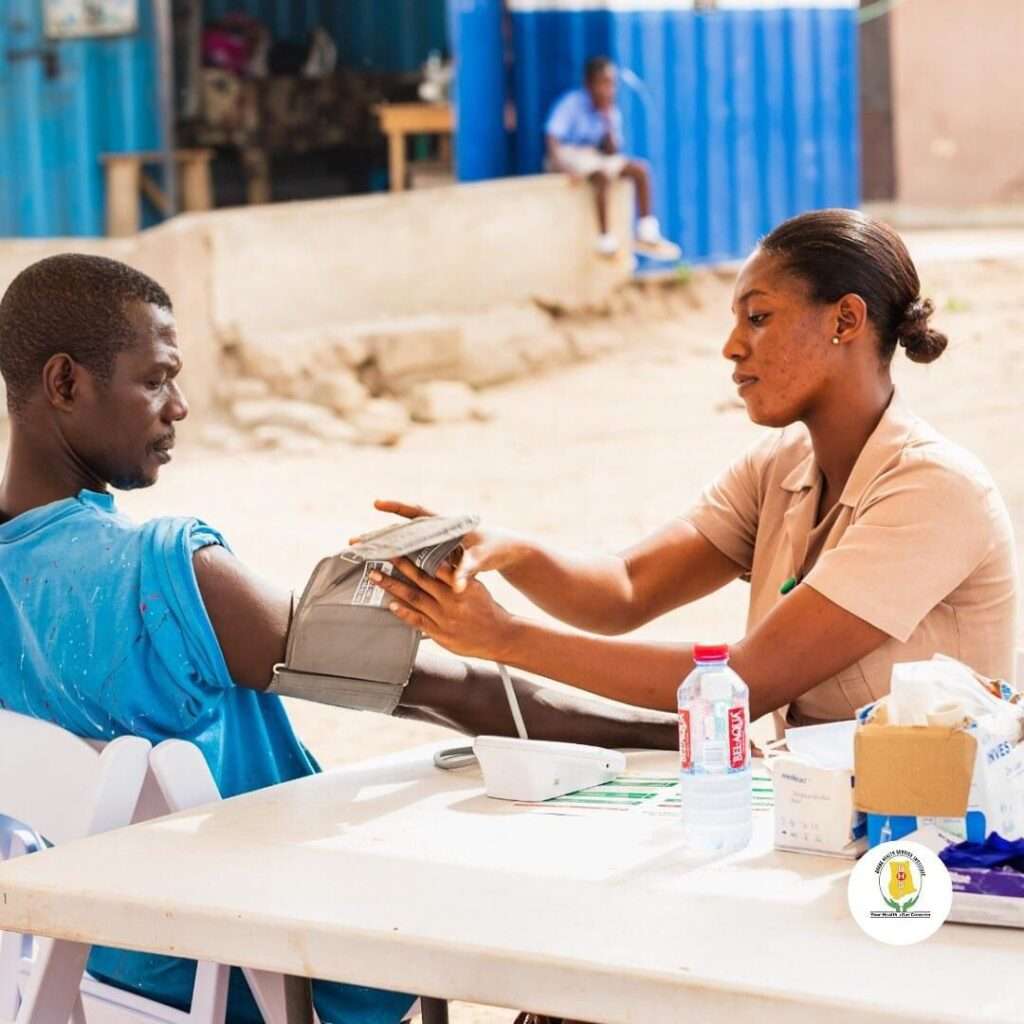To commemorate World Malaria Day 2024, the Ministry of Health/Ghana Health Service and Partners have organized a series of activities aimed at raising awareness, improving the adoption of promotive, preventive, and curative interventions, addressing inequalities, advocating for more resources, improving policies, and encouraging community ownership of the malaria elimination agenda.
Ghana’s malaria strategy is primarily focused on diagnosis and treatment, ignoring the social determinants of malaria that are related to lifestyle and environment. This approach has led to uncontrolled mosquito breeding, which in turn leads to extensive human exposure to the malaria vector in communities.
The malaria program’s engagement with stakeholders has been constrained by its overall orientation towards medical interventions. The Social and Behavior Change Communication (SBCC) Strategy for the National Malaria Control Programme has a limited scope of activities focused mostly on national and regional mass media campaigns.
“On World Malaria Day 2024, Ghana reaffirms its commitment to eliminating malaria. Following the launch of the National Malaria Elimination Strategic Plan 2024-2028, Ghana seeks to emphasize ‘Health Equity: The Cornerstone of Malaria Elimination in Ghana’ as its theme in line with WHO and the RBM Partnership theme of addressing health equity.”
Dr. Patrick Kuma-Aboagye, Director-General, GHS
This initiative aligns with the global call for accelerating the fight against malaria for a more equitable world, as highlighted by the World Health Organization (WHO) and other health organizations.
The theme for World Malaria Day 2024 is “Accelerating the fight against malaria for a more equitable world,” emphasizing the need to address health equity, gender equality, and human rights in malaria responses. The goal is to ensure that all individuals, regardless of their socio-economic status or geographical location, have access to life-saving malaria prevention, diagnosis, and treatment services.
This includes leveraging digital technology to better understand health needs, collect and analyze data, and monitor progress in real-time, enabling the identification and addressing of health inequities through both proven interventions and innovation in service delivery.

The activities planned by the Ministry of Health/Ghana Health Service and Partners are crucial in bringing healthcare closer to where people live and work through primary healthcare and including malaria control interventions in universal health coverage. This approach is in line with the WHO’s recommendations to accelerate the fight against malaria and ensure a more equitable world.
The commemoration also highlights the challenges faced in eliminating malaria, including the disproportionate impact on vulnerable populations such as infants, young children, pregnant women, refugees, migrants, internally displaced people, and indigenous people. These groups often face barriers to accessing malaria prevention, detection, and treatment services, perpetuating a cycle of inequity.
The Ministry noted that the progress made in recent years, such as the decline in malaria cases and deaths in the country, underscores the importance of political commitment and collective action towards malaria elimination. However, the journey towards malaria elimination is far from over, with challenges persisting in certain countries and the need for tailored strategies for effective control and treatment of malaria.
In response to these ongoing challenges, the RBM Partnership to End Malaria has chosen the theme for World Malaria Day 2024, emphasizing the need to address the cycle of inequity that malaria perpetuates, disproportionately impacting women, girls, and communities already facing economic, societal, and health challenges.
“As we commemorate World Malaria Day 2024, the Ministry of Health/Ghana Health Service reaffirms its commitment to continue working with its partners to develop and implement innovative interventions to propel the elimination agenda and calls on all stakeholders, including government agencies, international partners, the private sector, civil society organizations, and communities, to join forces and work together to achieve a malaria-free future.”
Dr. Patrick Kuma-Aboagye, Director-General, GHS
The activities planned by the Ministry of Health/Ghana Health Service and Partners are a significant step towards achieving these goals, contributing to the global effort to accelerate the fight against malaria and ensure a more equitable world.

















